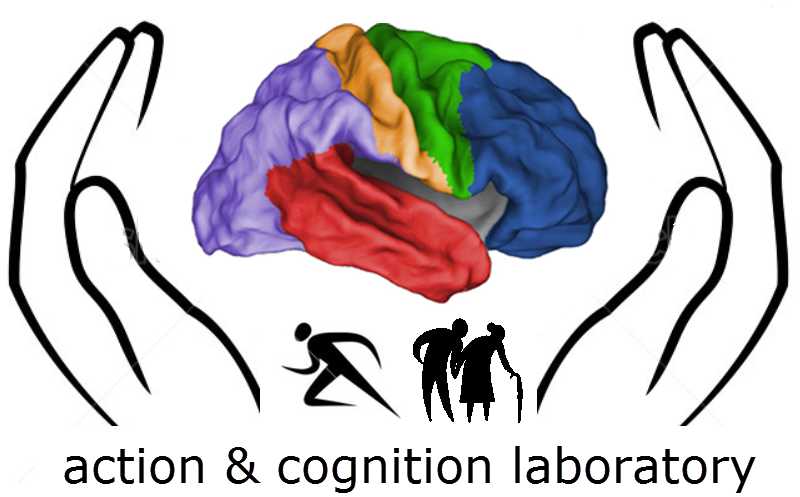RoundTable2016April
From ACL@NCU
This page provides links to materials related to the discussions in Room 309 of the round table meeting in NTU Psychology on 4/23, 2016. You are welcome to contact Erik Chang or the Taiwan Mind and Brain Imaging Center for further inquiries.
Education
- Problem solving in physics
- Cognitive development/Emotional Development
Decision-making
- Neuropolitics
- Krastev, S., McGuire, J. T., McNeney, D., Kable, J. W., Stolle, D., Gidengil, E., & Fellows, L. K. (2016). Do political and economic choices rely on common neural substrates? A systematic review of the emerging neuropolitics literature. Frontiers in Decision Neuroscience, 7(February).
- Jost, J. T., Nam, H. H., Amodio, D. M., & Van Bavel, J. J. (2014). Political neuroscience: The beginning of a beautiful friendship. Political Psychology, 35(SUPPL.1), 3–42.
Language
- Second language writing
- Flower, L., & Hayes, J. R. J. R. (1981). A cognitive process theory of writing. College Composition and Communication, 32(4), 365–387. http://doi.org/10.2307/356600
- Neural correlates of creative writing: an fMRI study.
- Erhard, K., Kessler, F., Neumann, N., Ortheil, H. J., & Lotze, M. (2014). Professional training in creative writing is associated with enhanced fronto-striatal activity in a literary text continuation task. NeuroImage, 100, 15–23. http://doi.org/10.1016/j.neuroimage.2014.05.076
- Reading & writing in general
- Learning
Health & Well-being
- Addiction
- Counseling
Life style
- Exercise/Sports
- Meditation
- Hormone & leisure
